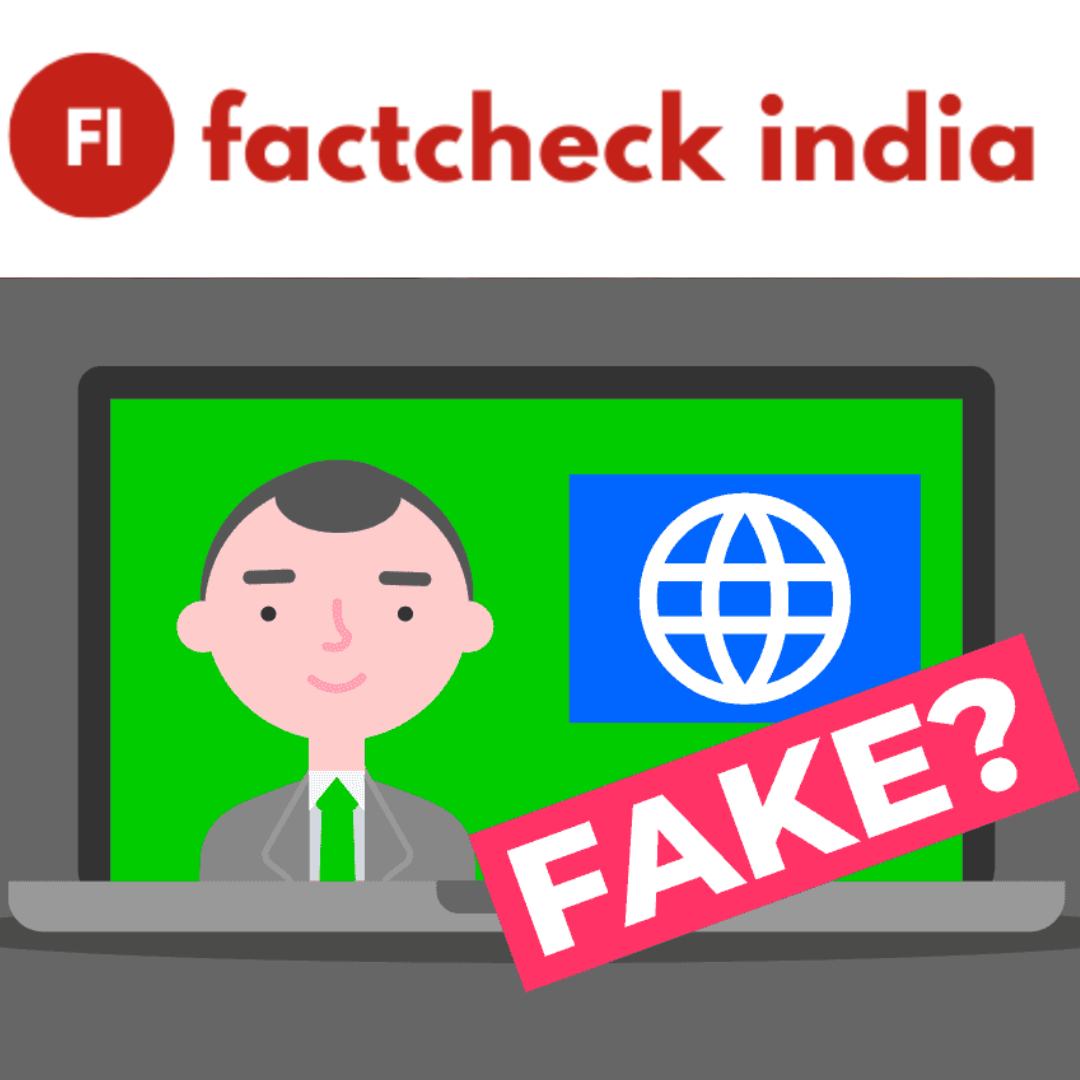In today’s digital world, the spread of false information has become a serious problem. With just one click, content can go viral—whether it’s true or not. But what causes this rise in misinformation and disinformation? Understanding the reasons can help us find real solutions.
Why False Information Spreads So Easily
The internet has made it incredibly easy to share news, opinions, and stories. But it has also led to a dangerous rush: a race to publish first instead of verifying facts. This rush, combined with people sharing content without checking the source, has created a perfect storm for misinformation to thrive.
Here are the main reasons why false information spreads:
- Weakening of Traditional News Media Outlets
- As advertising revenue shifts online, traditional media outlets are shrinking.
- Smaller budgets mean fewer journalists and less time to fact-check.
- To stay afloat, some media turn to sensational headlines or “clickbait” to attract readers and sell news.
- Digital Pressure on Journalists
- Journalists now have to post stories on multiple platforms instantly.
- This pressure makes it harder to investigate and verify information.
- Speed is rewarded more than accuracy, pushing sensationalism over substance.
- Rise of Echo Chambers on Social Media
- Social media lets users build their own news bubbles in which they form their own point of view.
- People are more likely to trust and share content from like-minded sources.
- Once false content spreads, it’s very hard to take it back or correct.
These trends make it easier for misleading or harmful information to flourish—sometimes by accident, other times with a clear agenda.
What Can Be Done?
Fighting misinformation is not just about banning content. It’s about empowering people to recognize the truth.
One powerful idea comes from simple terms: facts should fight lies. Logic should challenge confusion.
Final Word
In the fight against false information, mis/disinformation every person has a role to play. By staying alert, vigilant and asking questions, and sharing responsibly, we can all help protect truth in the digital age. By learning the art of asking. This isn’t just a media issue—it’s a society issue. Because when truth breaks down, trust follows.
Let’s fix that, one fact at a time with Factcheck India. India’s No.1 platform for verified news.

